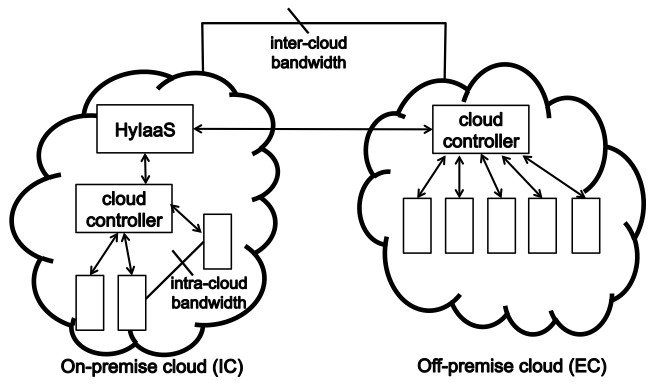For businesses with operations spread across various locations like retail stores, warehouses, restaurants, and healthcare facilities, having centralised video security monitoring, investigation and management is crucial. These businesses, however, often face significant internet bandwidth constraints, leading them to adopt disparate on-premises solutions for different sites.
“This approach not only prevents a unified view of the security landscape but also results in a fractured investigation experience, along with operational inefficiencies”, says Liam Sosinsky, Senior Product Marketing Manager, at Verkada. And, here he exlains how Verkada’s product can be deployed to overcome these challenges.
Verkada’s cameras operate in a “steady state,” sending a constant metadata stream consisting of encrypted thumbnail images and related metadata to the cloud every 5-20 seconds using a low bandwidth uplink footprint of 20-50 Kbps per camera. The thumbnail images create a historical timeline view that allows for time and date-based search, without the need to retrieve and stream hours of historical video. When it is necessary to review a live or a continuous historical clip in detail, a user can click into the camera feed, which will stream the footage to the user’s device.
Moreover, Verkada cameras perform video processing functions at the edge to minimize the bandwidth needed to support investigative features. Verkada cameras are equipped with built-in computer vision processors that run sophisticated motion and object detection algorithms. By processing the footage on the camera, the need to transmit the footage to the server for processing is significantly reduced, saving considerable bandwidth. The motion detection results are used to determine the best thumbnail compression and frequency parameters, as well as the optimal video quality to be recorded in, resulting in a further reduction of camera bandwidth for scenes with minimal to no motion.
The thumbnail images and metadata sent to the cloud support features like People Analytics and License Plate Recognition. Users of these features benefit from selective moments that help them efficiently choose which clips are significant enough to stream and use additional bandwidth for detailed review.
Bandwidth optimisation features
To further reduce bandwidth consumption, Verkada offers low bandwidth mode for deployments in bandwidth-constrained environments such as remote locations, mobile deployments, or sites with high camera densities. This mode reduces resting bandwidth consumption by up to 75% and streaming bandwidth by up to 33% by reducing image quality and disabling timelapse and cloud backup. The slight decrease in video quality and removed video scrubbing experience does not cause downtime, loss in productivity, or affect existing mission-critical workloads.
Verkada also provides its customers with the flexibility to select a particular time frame for automatic firmware updates, which can be scheduled during non-business hours. This enables customers to stay updated with the latest software features and security patches while also minimizing interruptions and accommodating their infrastructure needs.
Latest developments in hybrid cloud video security
“Our commitment to delivering a minimal bandwidth video security solution goes beyond these current optimizations. An in-depth presentation of our approach will be given during a breakout session at Verkadaone , taking place in Austin, Texas, from May 30th to June 1st,” says Liam Sosinsky.
At this event, Alan Anderson, Director of Engineering, and Pushpak Pujari, Lead Project Manager, will unveil the latest developments in Verkada technology. And attendees will be able to discover new features that will give customers even more control over their bandwidth usage, as well as improvements that promise to deliver high-quality video even more efficiently.
Source: SECURITY WORLD MARKET


